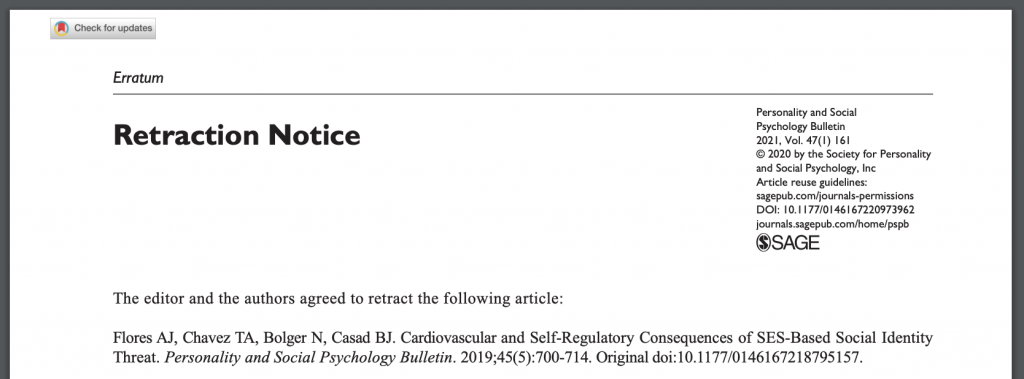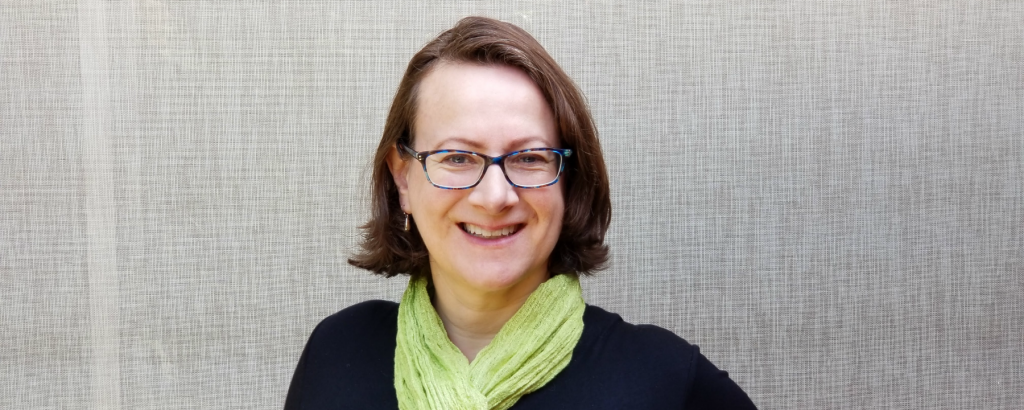
Two months after announcing it would review an early 2020 paper on a way to detect the virus that causes COVID-19, a journal says that “the criteria for a retraction of the article have not been fulfilled.”
The review of the paper, “Detection of 2019 novel coronavirus (2019-nCoV) by real-time RT-PCR, by the journal, Eurosurveillance, was prompted by critiques including a petition by some 20 people around the world for what they called “scientific and methodological blemishes.” The senior author of the Eurosurveillance paper, Christian Drosten, of the Charité University Hospital in Berlin, has been a leader in the fight against the pandemic, but has also predictably drawn criticism from those who oppose lockdowns.
On December 3, the journal issued a statement saying they were reviewing the allegations, which, as editors note in their statement dated yesterday:
Continue reading On COVID-19 PCR testing paper, “the criteria for a retraction of the article have not been fulfilled”




